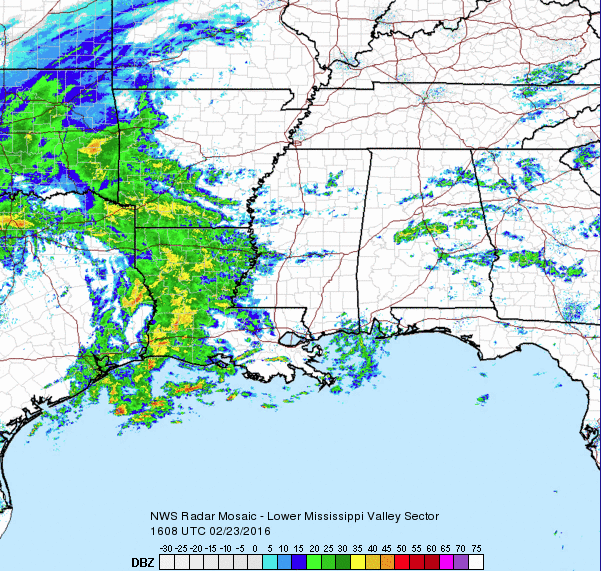
Schools, state offices closing early due to weather
February 23, 2016
Nicholls’ financial chief resigns
February 25, 2016The crunch time has come, and as a story in today’s issue of The Times indicates, local legislators are working hard to figure ways out of Louisiana’s budget crisis.
The heads of various agencies have made their way to Senate and House committee rooms, sharing what information they have on how much of their money they spend, and for what, specifically.
Monday the House Appropriations Committee wrestled with the question of contracts that various entities have with the state, determined for the most part to figure out the best way of auditing these. Some good points were made, in particular by Treasurer John Kennedy, who pointed out that while Louisiana has contracts with several different educational organizations for things like tutoring, the state’s imperiled universities and their students could likely benefit in many ways for being the suppliers of these services. Kennedy has a point, and a good one. Why pay $1 million each year to an organization answerable to a private board, when the state itself can do the same thing, and since some of the money to pay for these things come from federal sources, there is a chance of sending dollars in the direction of the state’s own schools.
A less uplifting picture emerged from a later part of the committee meeting, when Louisiana’s horse racing interests tried to make a case for continued feathering of their nest, through a portion of slot machine money that goes to their coffers for racing purses. The horse-racing issue is a long-standing one. Former State Rep. Joe Harrison had been trying to call attention to how the racing money has been mismanaged for years, and how the industry actually owes money to Louisiana’s beleaguered and underfunded school system but has not paid. Nobody listened to Harrison, but they should have. The racing folks want to be exempted from the scrutiny that a proposed bill imposes on many agencies, because their industry brings so much money to the state. Of course it does. But then so do a lot of worthy endeavors, and if Louisiana’s people are to pay higher taxes – which we likely shall, in some way – and if schools and hospitals need to cut services, which shall, then maybe the shaving of money going to the horsie folks is something that must be suffered as well.
Compelling cases can be made for many necessary cuts that are on the horizon. But as Sen. Norby Chabert said last week “everything is on the table.” Obviously the horsemen don’t think their finances should be included. There will be time for rescuing some of these extras but that time is not now.
Kudos are in order, however, for Rep. Beryl Amedee, who asked tough questions during Monday’s hearing. She brings to the legislature a practicality that some officials, finance chief Jay Dardenne included, might view as simplistic. But allowing complicated ways around things to be the rule of the day in Baton Rouge, as was the case throughout former Gov. Bobby Jindal’s administration, is something that must end. To his credit Dardenne answered Amedee’s questions politely and as thoroughly as he likely could.
This type of scrutiny, such as the legislature has displayed during this Extraordinary Session, is what Louisiana needs, and the work that gets done between now and March 9, perhaps, can act as a model for how lawmakers will attack budgets in the future.
As Rep. Dee Richard said during an interview quoted in today’s paper, the blame for the shape Louisiana is in should not be attributed entirely to the state’s former chief executive. There is not a proposal that Jindal made, no matter how ludicrous, that became law without the complicity of the legislature.
It appears that Louisiana now has a governor who, despite messages that are understandably unpopular, is willing to let legislators work toward solutions, without bullying. It is therefore now the job of the legislature, as evinced by Amedee, and Harrison before her, to ask the questions and demand the answers. So far, it looks like the lawmakers on the right foot. Let’s hope things continue that way. •





